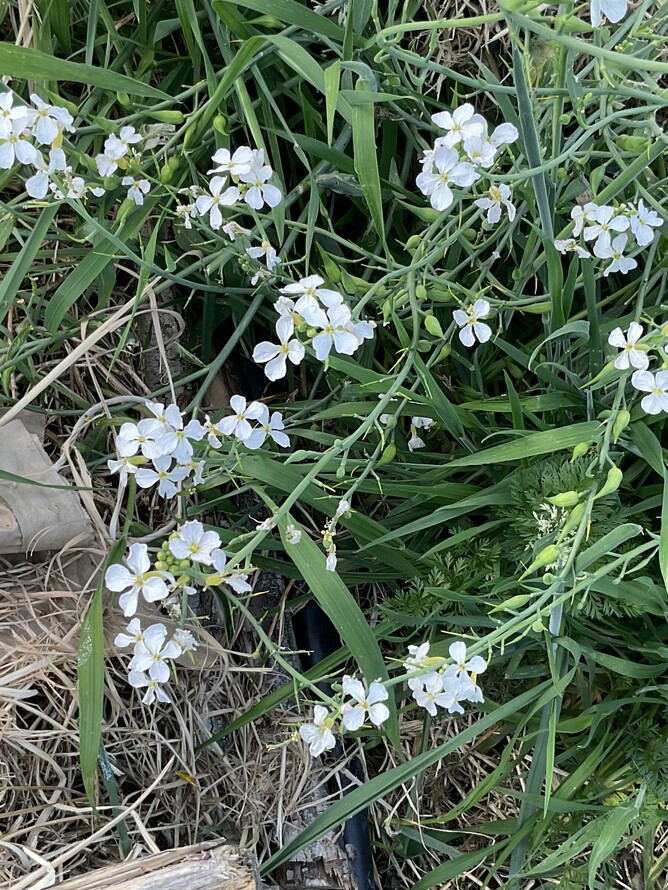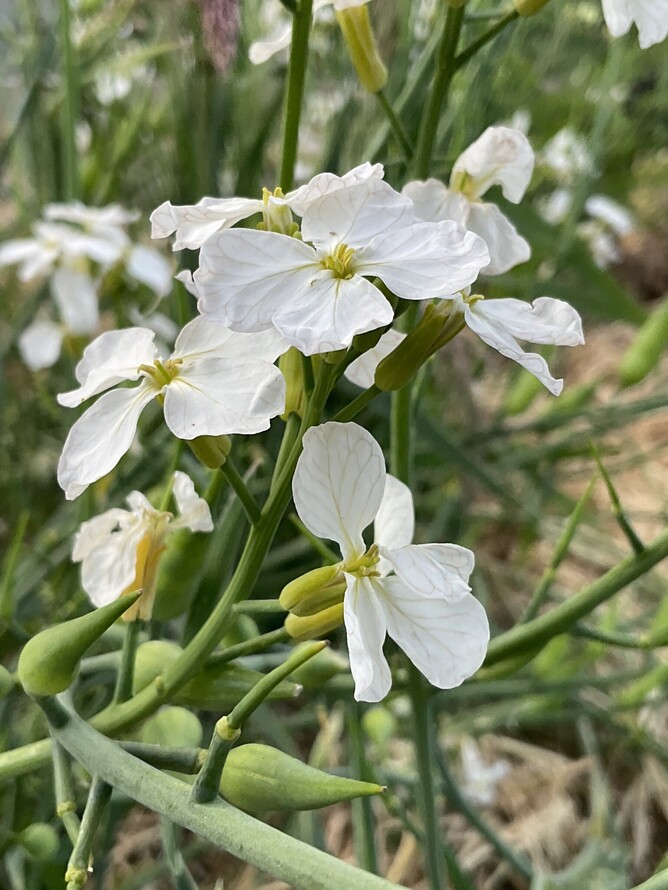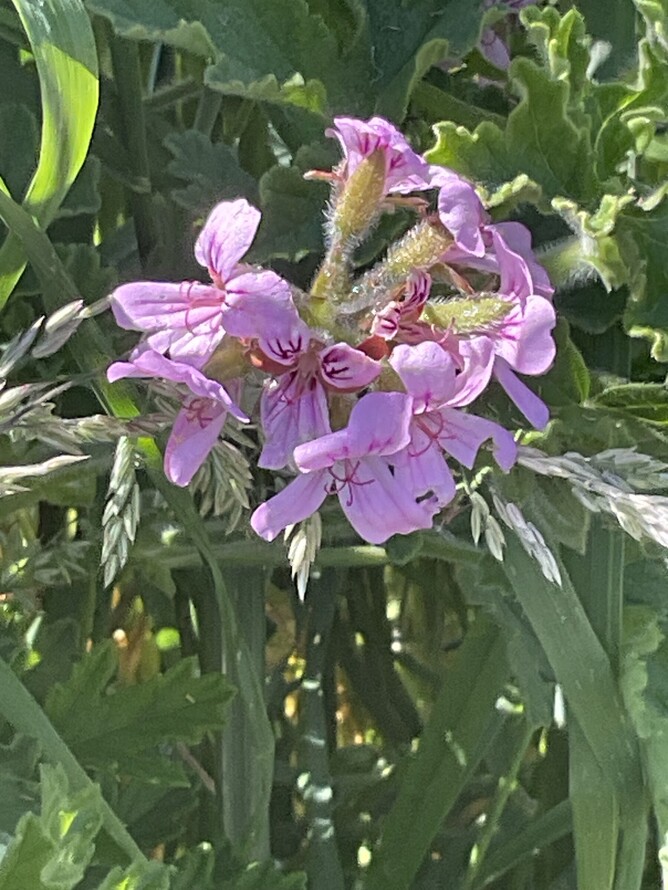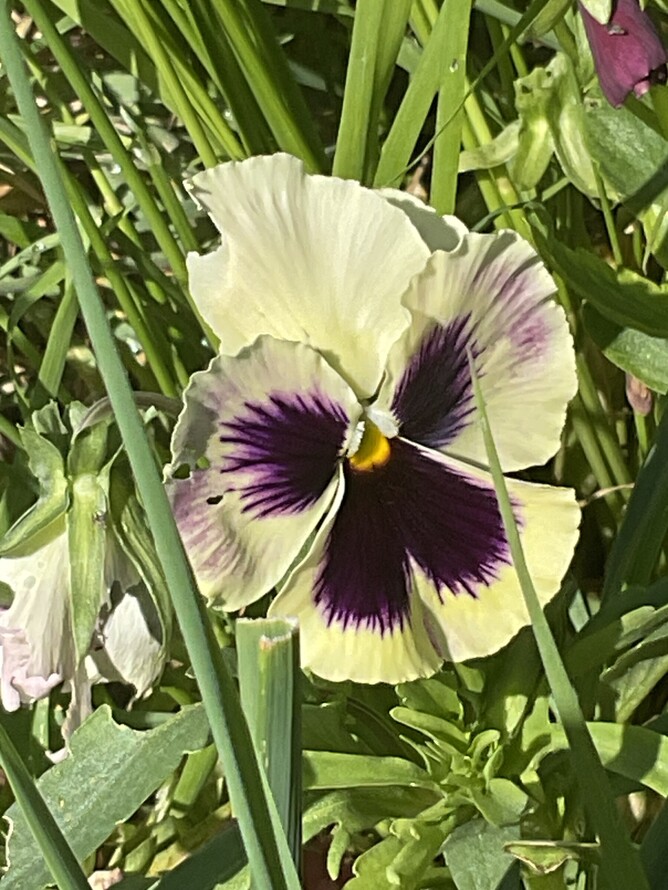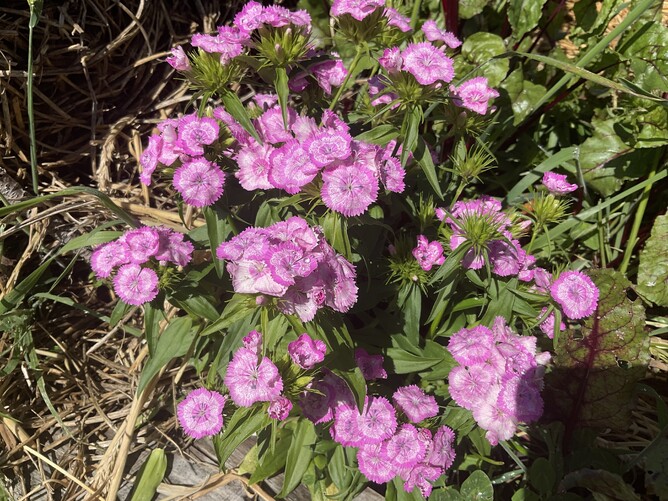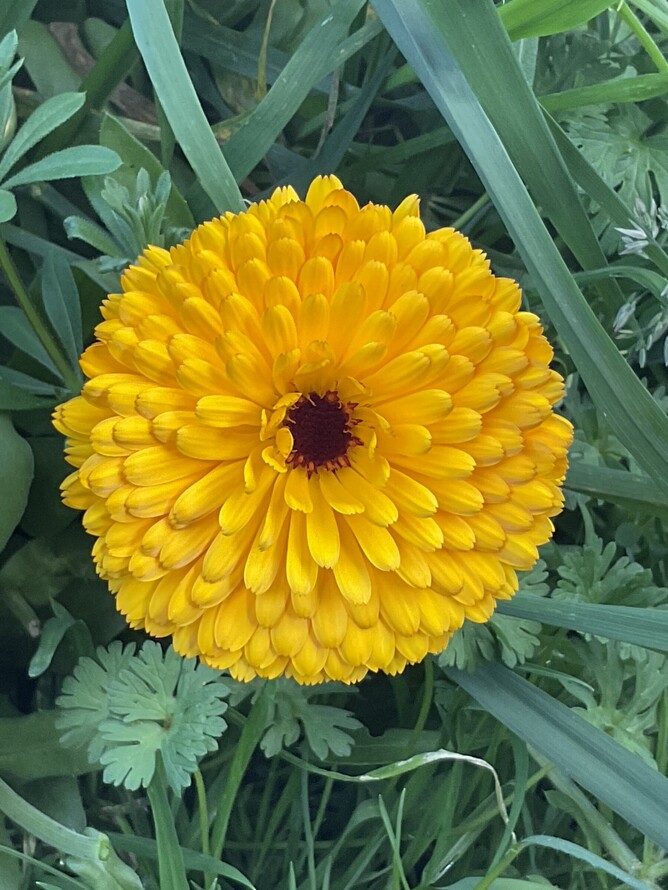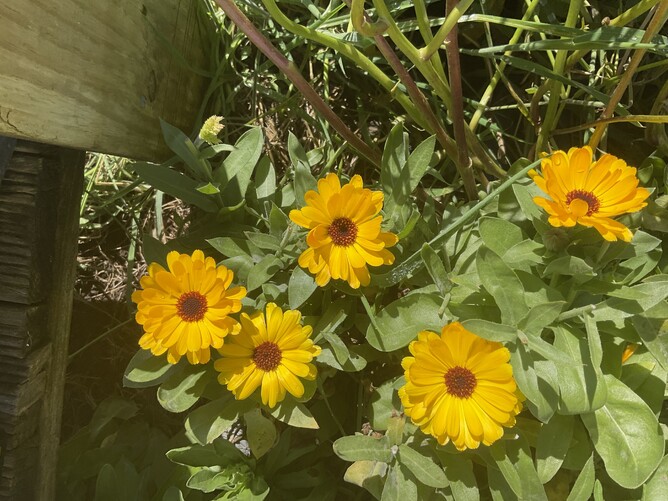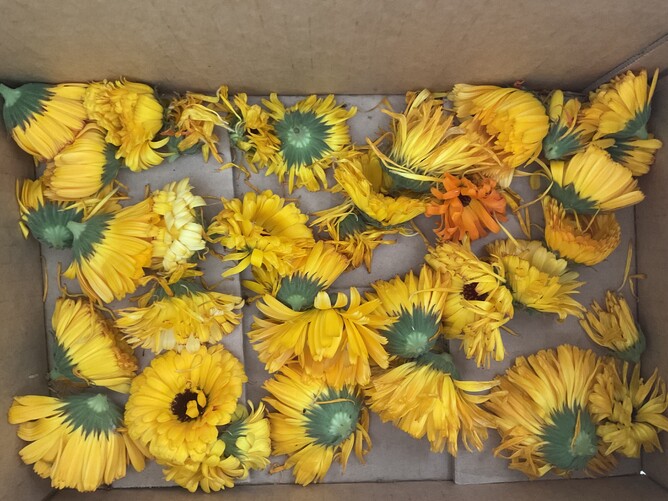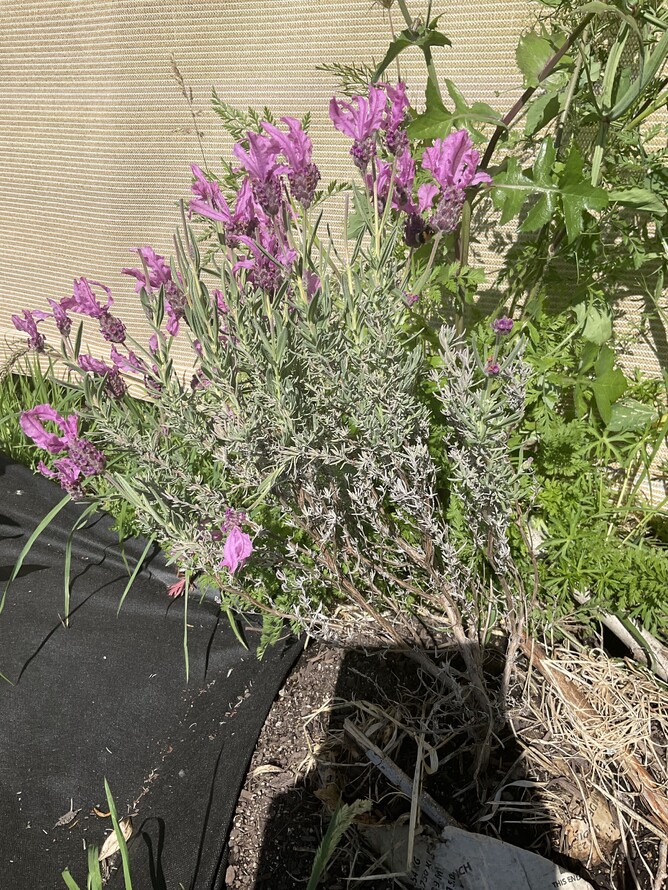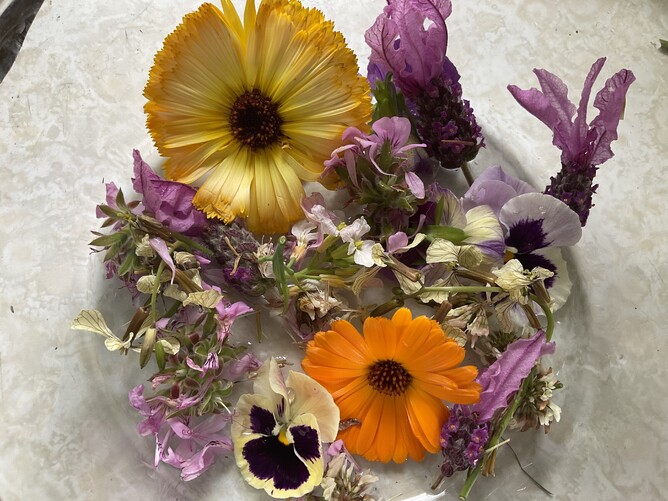Edible Flowers For Beauty and Health
Hi everyone, we hope you are enjoying the beautiful spring weather. It has been fantastic for our new gardens, and they are growing amazingly. Here at Harmony Gardens and Grub, we are building an off-grid living space and kitchen, and we are building gardens to provide produce. Our gardens are not certified organic, but all our plants are grown in organic conditions. We do not use any pesticides or herbicides, not even slug pellets! We work with the cycles of the moon, we use companion planting methods, and we work with the seasons and the weather cycles to harness water, mulch, sun, and air. We are making lasagna-beds (also known as hugelkultur), and we are planting to provide food and shelter for the earth, the bees and butterflies, as well as humans.
We have just harvested our first lot of edible flowers. Edible flowers bring a stunning visual aspect to any dish - they are pretty, colourful, and interesting, as well as flavourful and scented. Edible flowers are very easy to grow, in the garden or in pots and containers. They spread easily, they don’t take much care and attention, and usually they give off prolific blooms. But did you know that edible flowers also have health benefits? It’s true - they are practical, as well as beautiful, and they are a great addition to your culinary and medicinal garden plot.
Benefits of edible flowers
Generally, edible flowers contain essential minerals and vitamins, and powerful antioxidants which help to protect the body from cell damage and free-radical damage (www.scmp .com).
Calendula is one of the easiest, and most prolific, flowers to grow in your garden. It spreads to fill large areas, and you can use the flowers for tea, skin salve, and hair wash as well as adding them to your food.
Calendula is especially good for skin conditions, such as eczema, psoriasis. Calendula has a high level of antioxidants, and it also has properties which are anti inflammatory, anti viral and anti bacterial. The website www.webmd.com also suggests that calendula may help to fight cancer, protect against heart disease, and ease muscle fatigue.
Lavender is an edible flower with plenty of health benefits. Lavender can help to “improve sleep, treat skin blemishes, relieve pain, reduce blood pressure, lessen menopausal hot flashes, combat fungus growth, and potentially promote hair growth” (www.everydayhealth.com). It can also help relieve anxiety and depression (healthline.com). You can make lavender tea, lavender skin wash, or add the lavender flowers and oil to your bath for a soothing, relaxing soak. You can grow lavender in your garden, or in pots and containers, and have your own supply of lavender all year!
